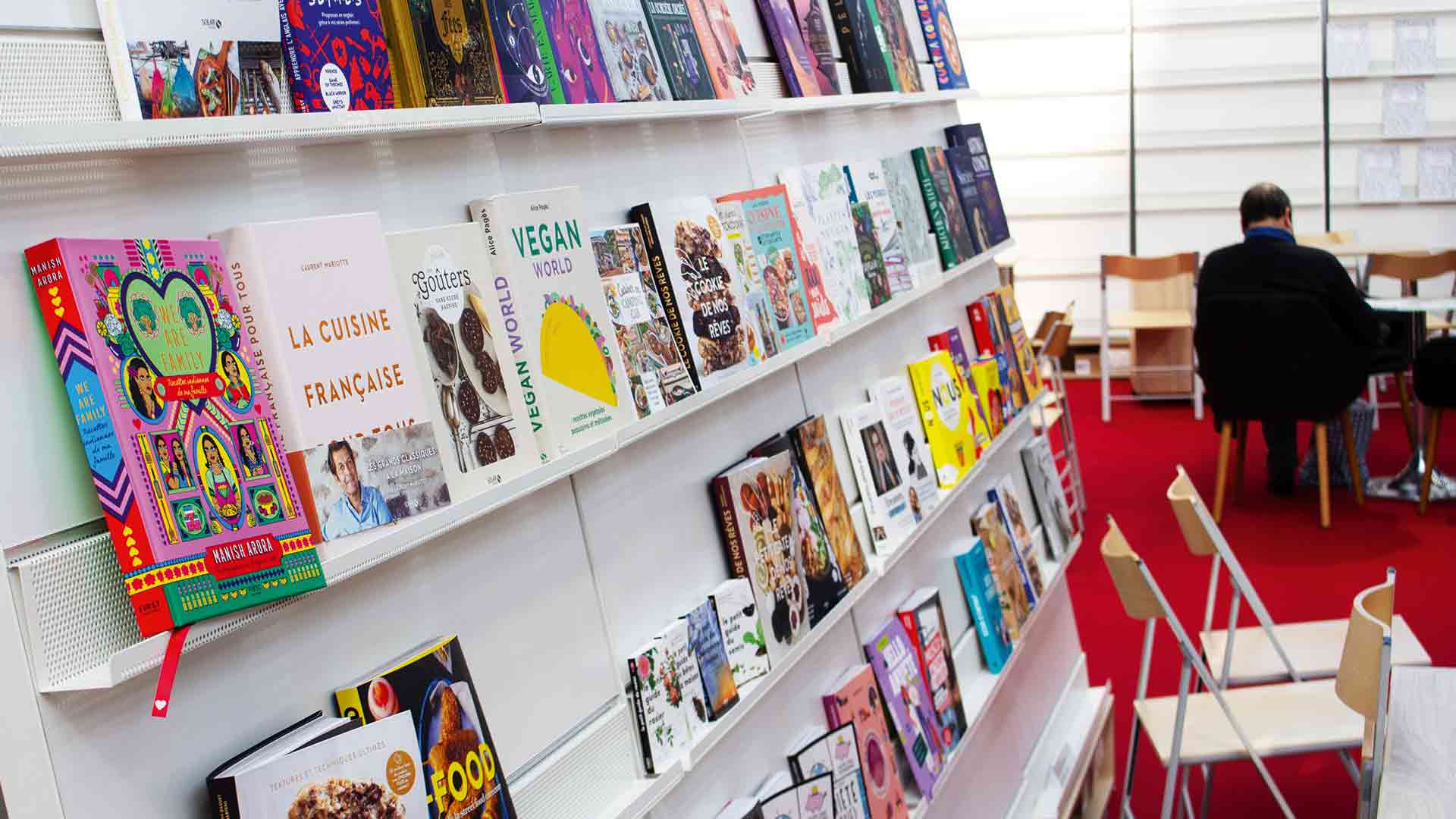You are viewing your 1 free article this month. Login to read more articles.
The good news about bad news

In May 2000, The Bookseller argued that the “bestseller boom is not good news for everyone”. It followed analysis from the sales data business then known as BookTrack that there was a growing disparity between the top of the market and the rest: the bestselling titles of the day then accounted for more than half of the measured market, led by names such as J K Rowling, Jacqueline Wilson and Jamie Oliver. Halcyon days, some might say.
A quarter of a century on, and the magazine’s point still holds, kind of. If anything we are more bestseller focused than we were back then, and also still nervous about what this means. Bestseller-led trends can be troubling for a range of reasons: they don’t last, they are not evenly distributed among publishers or their authors, and they take the focus away from the rest of the business. Perhaps most important, they are not always driven by regular book buyers, meaning they can unbalance bookshops, and even publishers.
This was a view echoed at a panel discussion held at Hachette’s offices this week—focused on older readers and how to take advantage of the UK’s aging population—with Waterstones and Barnes & Noble boss James Daunt revealing that he was wary of booksellers becoming too attentive to trends, and urged the gathered publishers not to give up on the deeper range that particularly appeals to habitual readers. His example was “solid old fashioned non-fiction”, but it also applies more widely—we hear about these trends around young or old people not reading, or hardbacks not selling, he said, but it’s just a phase.
At Frankfurt, David Shelley suggested there was a shift away from this being a big books business to being a big authors one
But when does a trend become the new reality? At the Frankfurt Book Fair, as we reported in the show dailies we publish, questions were raised about translation rights with many European publishers wrestling with the notion of investing in local-language versions of UK books when English-language export editions are already selling in their markets. Of similar importance is how audio, when provided via subscription services, has up-ended markets in Scandinavia, and whether this movement will also take hold elsewhere. In the UK, hardbacks are clearly landing more softly than their publishers might want, as rising prices and competing digital (including audio) editions eat away at print sales. Also at Frankfurt, Hachette c.e.o. David Shelley suggested there was a shift away from this being a big books business to a big authors one—“It’s increasingly about authors, so not just one book”, he said, highlighting US writer Elin Hilderbrand and David Nicholls.
In their own ways both Daunt and Shelley take the long view that things will tend to work out, or if not be corrected. But if just one of the trends outlined above rolls on unchecked, then it could be that we are starting to look at a fundamental reshaping of the consumer books markets. History helps, of course. As it happens, the bestseller boom turned out to be a trend not a shift. According to Nielsen BookData, the share of the book market taken up by the top 500 bestsellers has actually moved downwards, and now sits at around 20%. In other words, welcome though they are, the big bestsellers are less destabilising than we think, and that probably is good news.




















